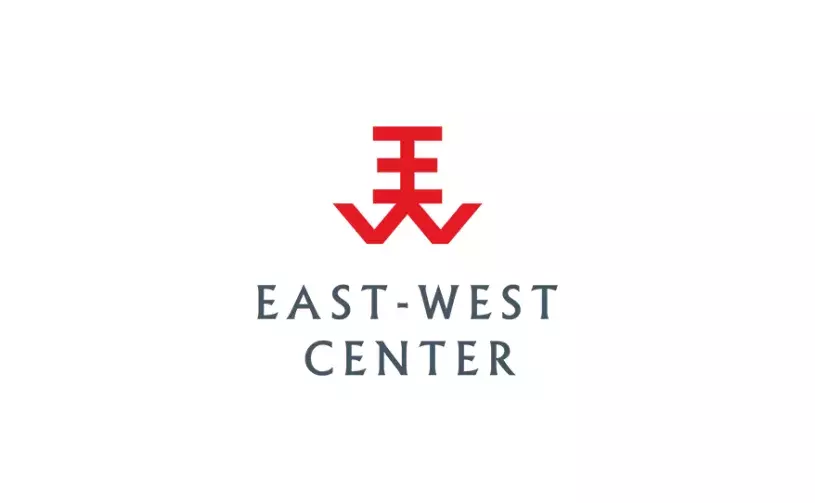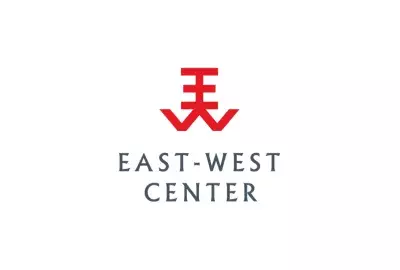Error message

The paper reviews trends in travel and tourism in selected Asia Pacific countries before and after the terrorist attacks of September 11, 2001 (9/11) to consider the question of whether or not global tourism has fundamentally changed since 9/11. Tourism is an important economic sector in several Asia Pacific countries and is a "fragile" industry in that it is highly susceptible to external shocks such as wars, outbreaks of deadly contagious diseases, incidents of terrorism, and so on. The first part of the paper presents a stylized picture of industry response following terrorist incidents and other major negative shocks to tourism, and reviews international tourist arrivals at selected Asia Pacific destinations. A richer body of data available for Japan and the U.S. allows examination of the extent of substitution between domestic and international travel, and the impact of changed travel behavior on tourist spending. The paper finds that there has been significant substitution of domestic travel for overseas travel by nationals of both countries after 9/11, and that this has had a dramatic impact on the Hawaii tourism market. The paper explores some of the reasons for the differences observed in post-9/11 travel recoveries across Asia Pacific countries.
The paper reviews trends in travel and tourism in selected Asia Pacific countries before and after the terrorist attacks of September 11, 2001 (9/11) to consider the question of whether or not global tourism has fundamentally changed since 9/11. Tourism is an important economic sector in several Asia Pacific countries and is a "fragile" industry in that it is highly susceptible to external shocks such as wars, outbreaks of deadly contagious diseases, incidents of terrorism, and so on. The first part of the paper presents a stylized picture of industry response following terrorist incidents and other major negative shocks to tourism, and reviews international tourist arrivals at selected Asia Pacific destinations. A richer body of data available for Japan and the U.S. allows examination of the extent of substitution between domestic and international travel, and the impact of changed travel behavior on tourist spending. The paper finds that there has been significant substitution of domestic travel for overseas travel by nationals of both countries after 9/11, and that this has had a dramatic impact on the Hawaii tourism market. The paper explores some of the reasons for the differences observed in post-9/11 travel recoveries across Asia Pacific countries.





